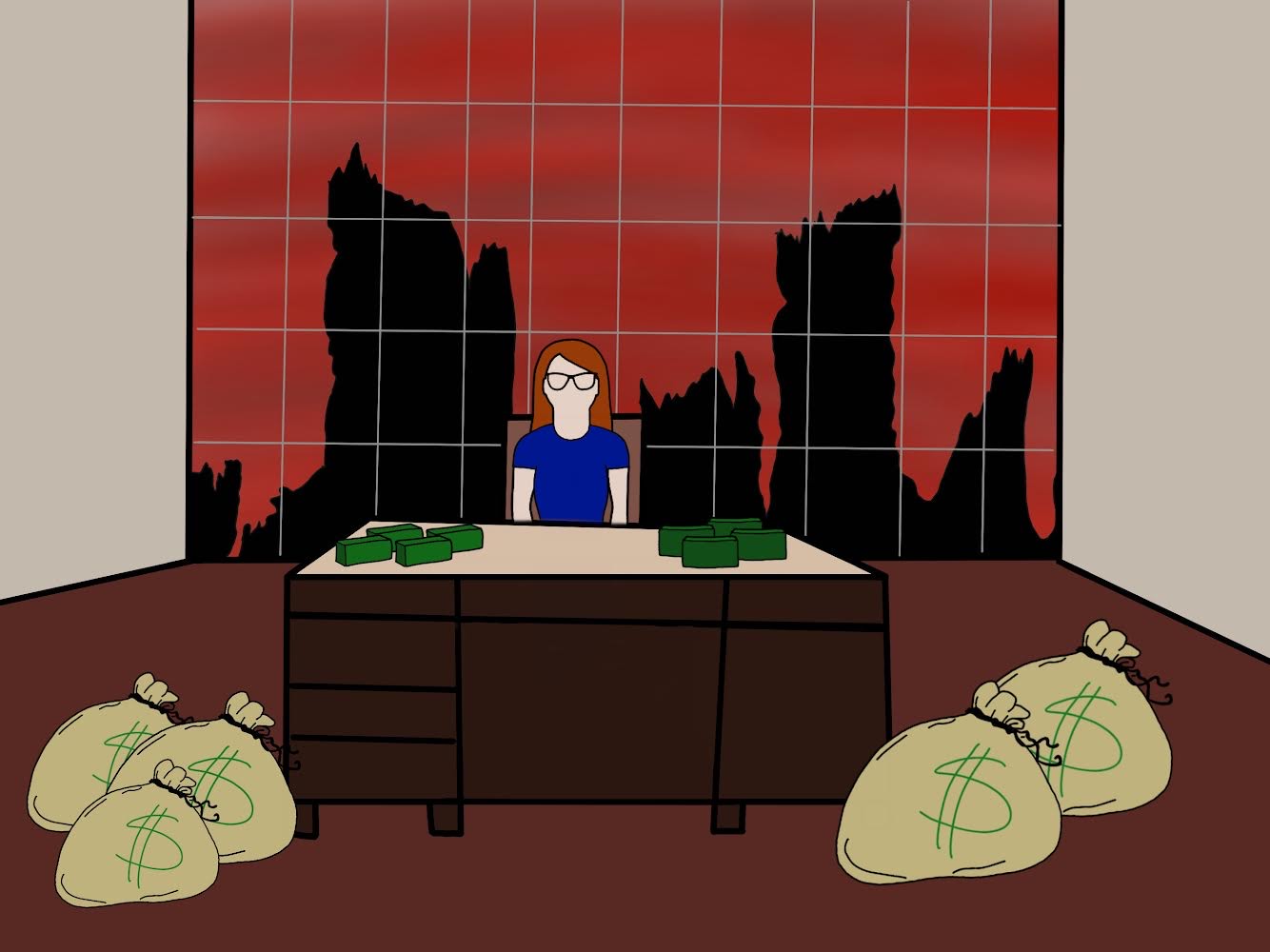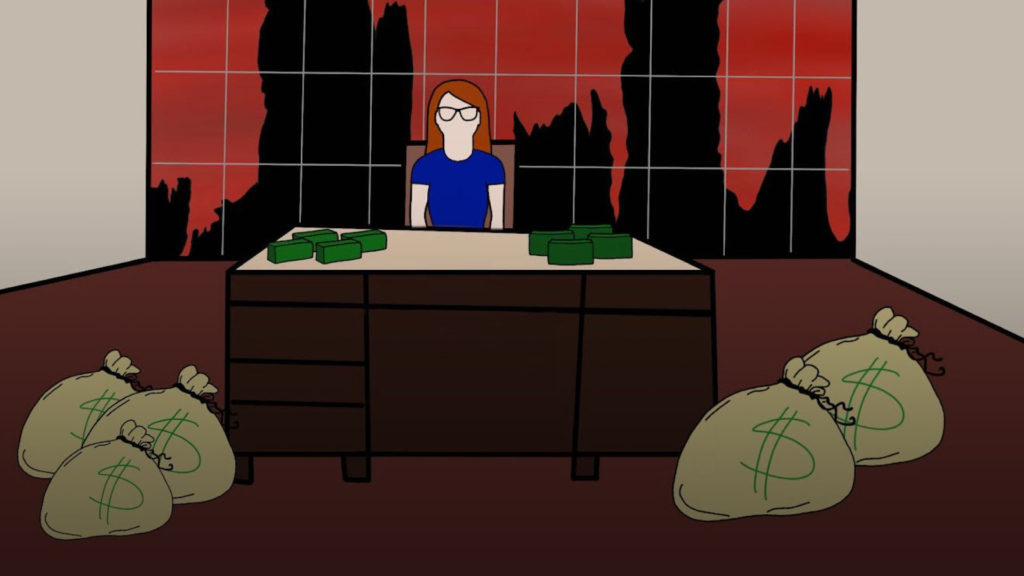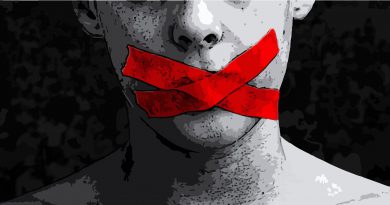Big Money Is A Threat To Our Democracy
We might think corrupt politicians are the only ones making back-alley deals behind closed doors. However, the reality is that the current American political and legislative system has made it a necessity for candidates to sell-out for the funds they need to be elected.
A report by the Federal Election Commission stated that 4.1 billion dollars were raised and spent by candidates in the last presidential election cycle alone. The fact that this much money needs to be spent to have a shot at being elected is ridiculous.

A competition that is supposed to be based on quality and competence has become a fundraising contest.
Most politicians are already privileged upper-class individuals who have valuable connections and the means and time to dedicate their whole agenda to campaigning. Despite that privilege, most politicians can’t bear the high cost of elections, so they turn to big corporations for campaign funding.
According to the 2010 Supreme Court decision Citizens United v. FEC, corporations have no cap on the amount of money they are allowed to funnel into politicians’ campaigns. The excuse given by the court is that the money is considered “free speech” and falls under first amendment protection.
While they are not technically allowed to ask for support on specific issues in exchange for their monetary donations, the reality is obviously different. What do you think a politician will do when a bill comes on his desk that will negatively harm their biggest and most loyal monetary backer?
Objectivity goes out the window when the career of a politician is determined by who is funding them. That is why we must be afraid. Politicians are no longer servants to the public but to multimillion corporations.
Lobbying is nothing more than codified and commodified corruption that must be stopped. Elections must have a spending cap and all campaign activity must be financed by public funds to ensure that our democracy lives up to its theoretical ideals.
Otherwise, we will end up in a system where money is the difference between how much your voice matters to politicians in power.
A democracy where civic power is unequally distributed is not a democracy.
Click here to subscribe to our bi-weekly newsletter, The Hammerhead. For news tips, contact us at mdc.thereporter@gmail.com.




